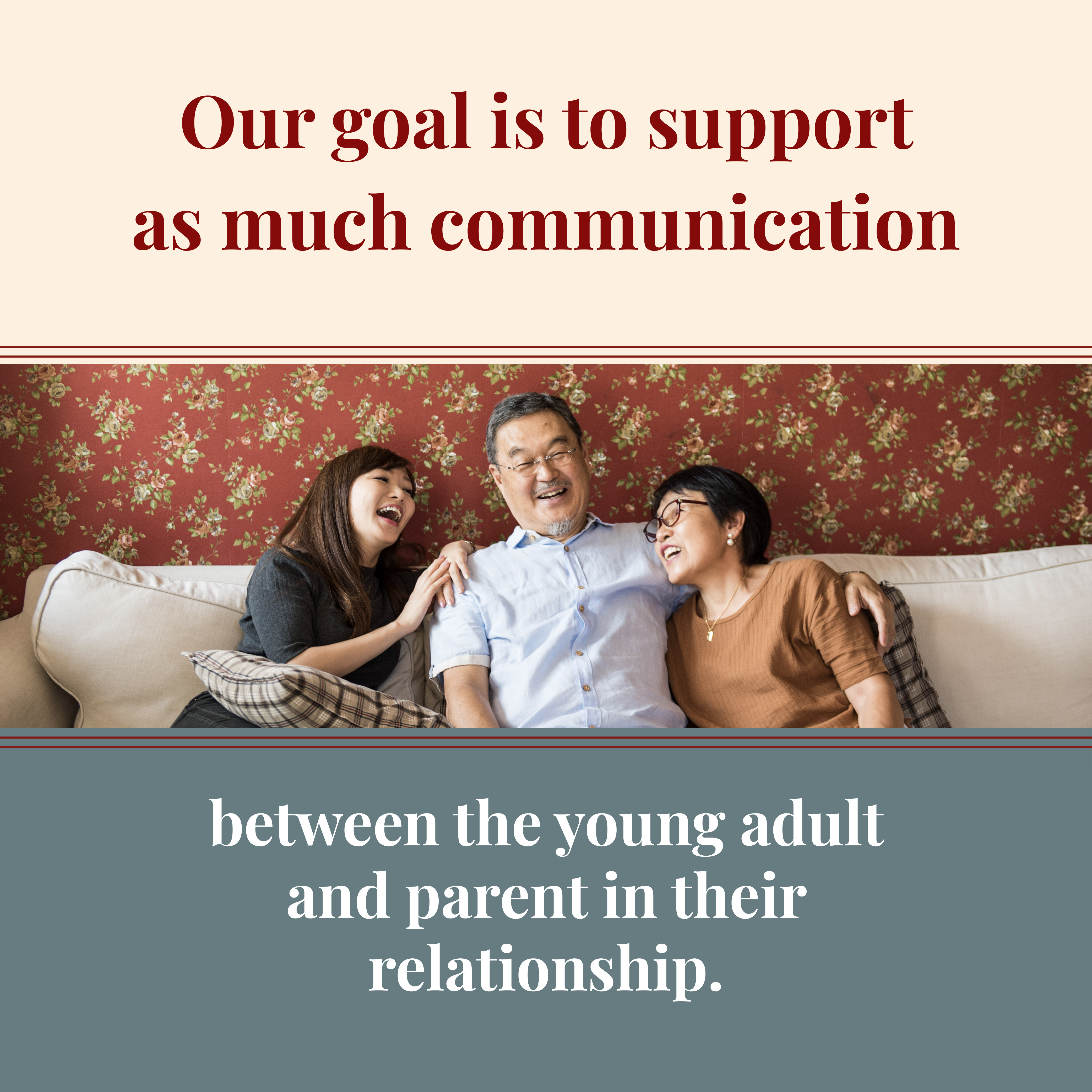Does Trauma Affect Young Adults Differently?
Most 25-year-olds consider themselves to be mature and developed adults. While this may be the case, it’s also true that the human brain is often not yet fully developed at this age.
Naturally, this makes it difficult for some to deal with the major life changes of young adulthood. And that’s not to mention any additional mental health or environmental challenges that can affect people in this age group. This may, at least partially, explain why more than ⅓ of people between the ages of 18 and 25 experience mental illness.
Needless to say, mental health care for young adults is an important issue. It’s vital for people in this age group, as well as their loved ones, to understand how trauma and other psychological concerns may affect them differently.

First, What Is Trauma and How Does It Affect Mental Health?
In mental health, trauma is defined as the emotional response to experiencing or witnessing something dangerous, life-threatening, or overwhelming. Examples of traumatic events include natural disasters, combat, serious injury, abuse, and death.
There are different types of trauma and each can have differing effects on a person’s mental health. For example, a person may experience:
- Childhood trauma
- Collective trauma
- Generational trauma
- Secondary trauma
If a person’s natural coping mechanisms are not capable of handling the emotional response to a traumatic event, they may experience serious mental and physical side effects. For a young person dealing with trauma, whether from a past, recent, or current event, it’s important to know that healing is possible.
What Are the Common Causes of Trauma in Young Adults?
Adolescents and young adults are still developing, both mentally and physically. They are also more sensitive to societal pressures and typically have fewer coping mechanisms than older adults. As a result, people in this age group are more vulnerable to traumatic events and more likely to experience lasting effects.
Sometimes, young adults experience traumatic one-off events, such as a:
- Car accident
- Sports injury
- Physical or sexual assault
- Death of a loved one
- Natural disasters like fires, floods, or tornadoes
In other cases, trauma happens via prolonged exposure to difficult experiences. Those may include:
- Bullying or cyberbullying
- Chronic illness
- Domestic violence
- Abuse
- Racism
- Poverty
- Neglect
Traumatic events, whether one-offs or prolonged experiences, can be frightening, overwhelming, and even dangerous. Without proper care and attention, the results of trauma are often complex and long-lasting.
How Does Trauma Affect Young Adults?
Obviously, every young person is different and will have different responses to traumatic events. Often, trauma causes a person to feel isolated and alone, even misunderstood. Under these circumstances, it’s not uncommon for young adults to:
- Experience strong waves of guilt, sadness, anger, and/or anxiety
- Lose interest in topics and activities they previously enjoyed
- Overreact to minor inconveniences or irritations
- Become self-absorbed
- Withdraw from friends and family
- Feel increased protectiveness over friends and family
- Suffer from nightmares or insomnia
- Think and talk about the traumatic event often
It’s also common for traumatic events to affect a young person’s ability to keep up with school or work. Unaddressed trauma can cause memory issues, impact language skills, and affect the ability to focus and learn.
Trauma may also affect a young adult’s ability to form and maintain relationships, which can also adversely affect school or work. Without help and direction, young people in these situations may suffer from long-term scholastic and career effects.
Does Trauma Affect Boys and Girls Differently?
Interestingly, trauma does seem to affect boys and girls differently–which may be a factor to take into consideration when seeking guidance and treatment. For example, post-traumatic stress disorder (PTSD) is more likely to affect girls who have experienced trauma than boys in similar situations, although scientists have yet to determine why.
One Stanford study found that boys and girls with PTSD developed structural differences in the region of the brain called the insula. While there is a need for further research, it may be a good idea to speak with your counselor about gender-specific approaches to healing.
How Can Young Adults Cope with Trauma?
If you are a young adult coping with trauma, or have a loved one in this situation, here is what we recommend as you travel the path toward healing:
- Avoid using drugs, alcohol, or other addictive substances.
- Lean on your friends, family, and loved ones.
- Be realistic as you set goals for the future.
- Take care of yourself by exercising, eating healthily, and practicing good sleep hygiene.
If the effects of trauma are disrupting your daily life and/or causing you distress, it’s also wise to seek help from a qualified counselor. There is no traumatic event too big or small to qualify you for therapy. The right counselor can help you work through trauma, identify possible triggers, and move forward past the pain.
Counseling also has the added benefit of addressing other mental health concerns that may be holding you back. As you heal from trauma, you may also discover improved relationship skills, stronger self-confidence, and reduce anxiety and depression. The sooner you seek help, the sooner you can develop the coping and management skills needed to heal from trauma.
How to Find Health Care that Is Age Appropriate
Because a person’s cognitive abilities and emotional needs vary greatly depending on their developmental stage, it’s vitally important to find mental health care that is age appropriate. The best way to do this is by speaking directly with a provider and asking questions about the ages they serve and have experience with.
At NPS, we have counselors for every age group and specialty. If you’re eager to find someone who understands the specific needs of young adults recovering from trauma, simply give us a call. We will arrange a free, 15-minute meet and greet so you can get to know your counselor before starting. Reach us at (815) 477-4727 to make an appointment.
Are you ready to take the next step?
CONTACT US AND SCHEDULE YOUR FIRST APPOINTMENT TODAY.









